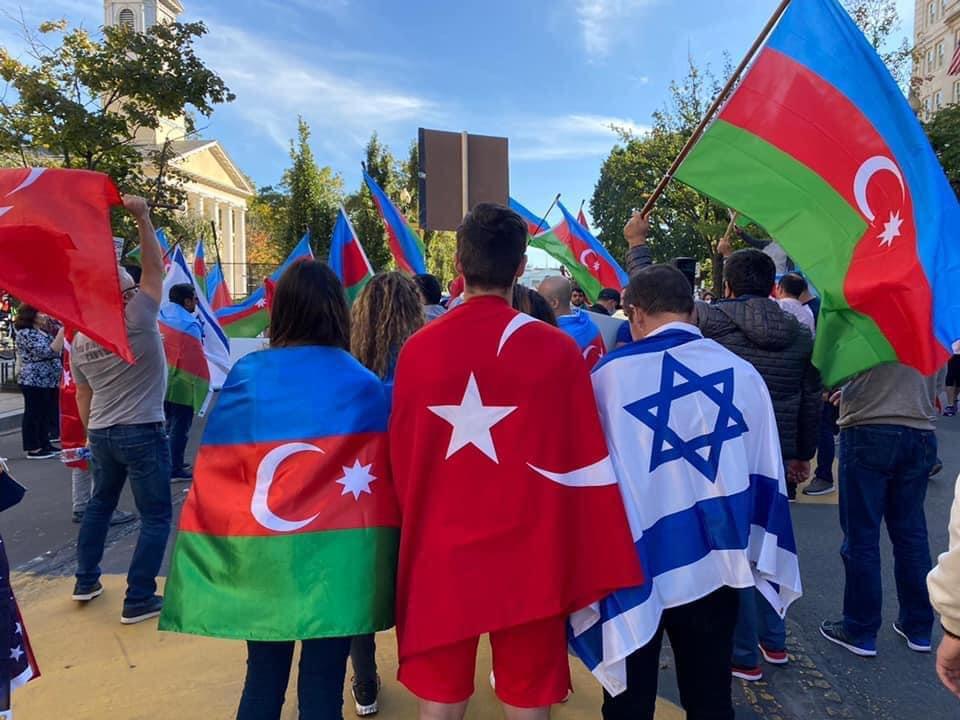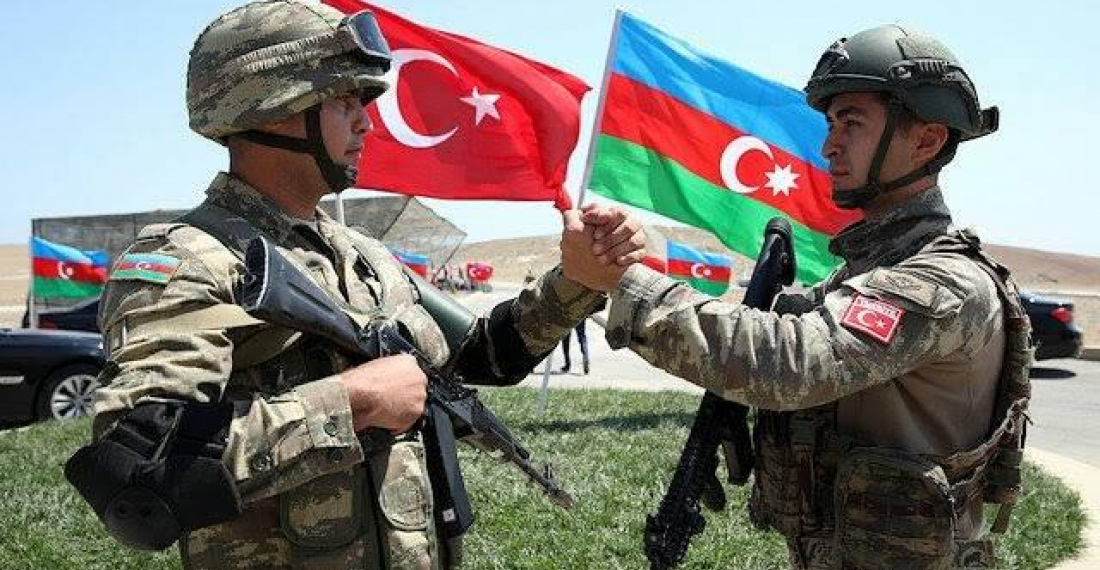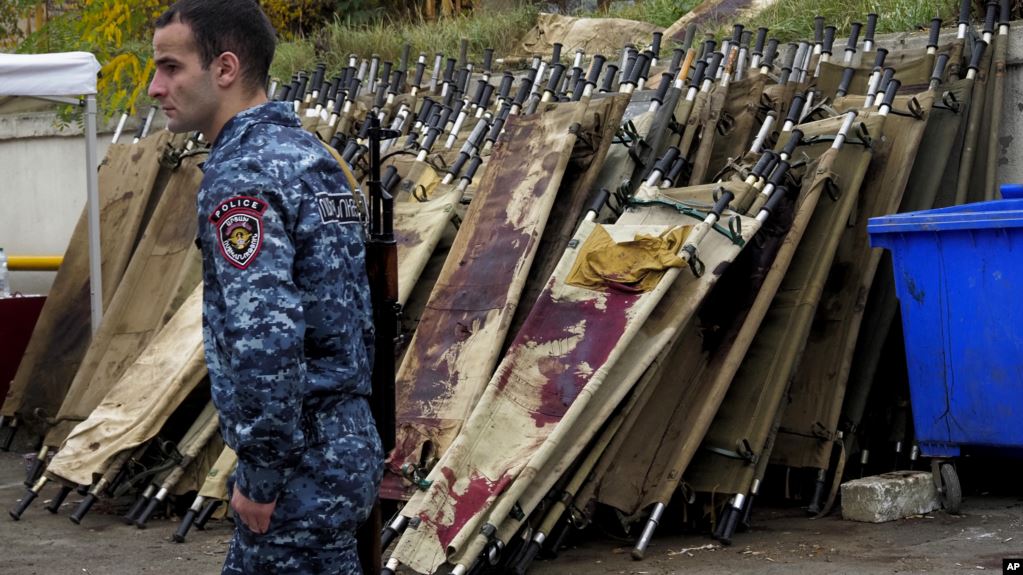
Photo: Opening ceremony of accommodation for the Russian peace-keeping contingent in Karabakh; Russian Ministry of Defence
As part of the 10 November ceasefire agreement that ended last year’s 44-day war, a contingent of Russian soldiers was deployed to Karabakh as peacekeepers. However, the lack of a formally agreed mandate and perceptions of Russian overstepping has led to growing tensions between Baku and Moscow, writes Fuad Shahbazov in this op-ed for KarabakhSpace.eu.
The second Karabakh war ended with the signing of a Russia-brokered ceasefire agreement and the deployment of Russian peacekeeping forces with the aim of preventing further hostilities and ensuring stability in the region. However, the ceasefire arrangements between Azerbaijan–Armenia on one side and Russia–Turkey on the other has left more questions than answers. The fact that there is still no formally agreed mandate for the Russian forces operating on the ground causes outrage in Azerbaijan as local authorities loudly criticise Moscow for provocative actions. Continue reading









